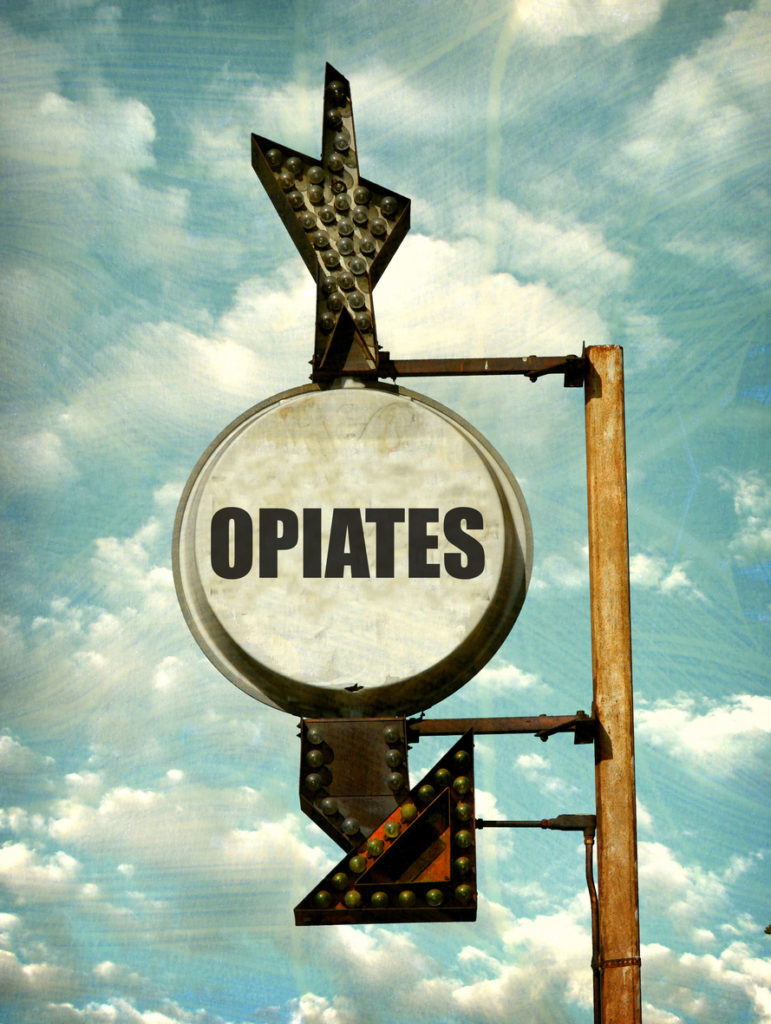What are Opiates
Opiate drugs are substances which act on certain receptors in your brain to produce morphine-like effects. These are typically used for pain relief, including anesthesia. Opiates refer to a huge variety of drugs from legal drugs such as fentanyl, codeine, and morphine to illegal ones such as heroin and opium.

Opiate vs Opium
Generally, the idea of mind-altering drugs, opiate, includes drugs naturally coming from the active narcotic pieces of the opium poppy, whereas the pain-relieving drug, opioid, label includes a man made drug that are changed versions of these opiate drug building blocks. “Pain-relieving drug”, Opioid is usually used in reference to prescription drugs.
Opiate Dependence
Opiate addiction is a major issue around the U.S, since it is alarmingly easy to obtain. In fact, in the year 2010, an estimated 210 million prescription opiates were distributed. What is even more frightening is that prescription opiate users are at a higher risk of developing a heroin addiction on top of that as heroin offers the same or similar high but at a cheaper cost.
Even if a drug is prescribed, such as opiates, long term use will cause its users to become tolerant, leading to an addiction. Why? This is because this tolerance now means that the usual doses no longer has an effect on you and you feel the urge to take more and more doses to get back the desired feel. This also now puts your loved one at the risk of an overdose.
Opening Signs of Opiate Addiction
| Physical Signs | Newly Formed Habits | Withdrawal Symptoms |
| Loss of awareness / being less alert than usual | Getting prescriptions from multiple doctors | Severe insomnia |
| Breathing has slowed down | Major mood swings | Chronic headaches |
| Constant Drowsiness | Various amounts of pills / pill bottles | Nausea / Vomiting |
| Constipation | Social withdrawal / isolation | Anxiety |
| Euphoria is highly noticeable and is frequent | Sudden financial issues due to frequent pill purchases | Fatigue |
Opiate Abuse Effects
The true facts about opiate effects are sometimes misleading since many only focus on the short-term impacts that these drugs pose such as, vomiting, diarrhea. delayed reactions and sedation. Mention of the long term symptoms are often times overlooked, these include:
- Weakened immune system
- Gastric problems such as constipation and severe abdominal pains
- Abscesses development, systemic infection, contraction of blood borne illnesses
- Significant respiratory depression
Opiate Withdrawal
Opiate withdrawal symptoms range from mild to severe however, this severity of its effects are completely influenced by how dependent the addict was on these drugs. Factors include frequency of use, how the opioid was taken, family history of addiction, reason for starting drugs in the first place and much more. Opiate withdrawal can be a very uncomfortable feeling however, the important thing to remember is that it is not life threatening.
An opiate addicts withdrawal symptoms typically begin within the first 6-12 hours of not taking the drugs. These symptoms include, excessive yawning, muscle aches, insomnia and trouble staying asleep, racing heart, fever and much more.
These symptoms also being to peak within 72 hours and can cause severe depression, stomach aches. goosebumps / chills, vomiting and intense drug cravings.
Opiate Addiction Recovery Plan
Opiates are typically gateway drugs to something stronger and much more deadly, if you or your loved one is suffering from an opiate addiction, it is highly recommended that you seek help now and break your cycle. Remember, you are never alone and there are many others going through the same thing you are. Prevail Intervention has set up treatment plans to help you get over this phase in your life.
Remaining Sober and Healthy
Your family and friends love you and always wish the best for you, this is one of the greatest support systems in your road to a sober lifestyle, having them there for you and asking for their help.
Often times your drug use was started by some psychological or physical trauma that you have encountered at some point in your life, being honest with yourself and those around you, sharing your feelings is a great strategy to help you in your recovery and remember, take your recovery one day and a time, do not rush it.

